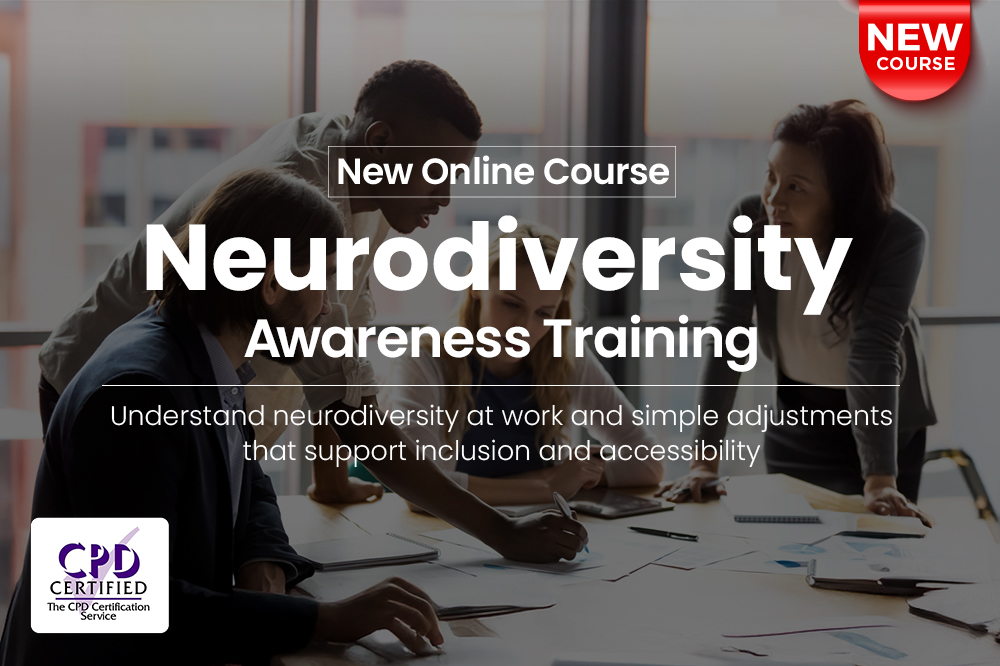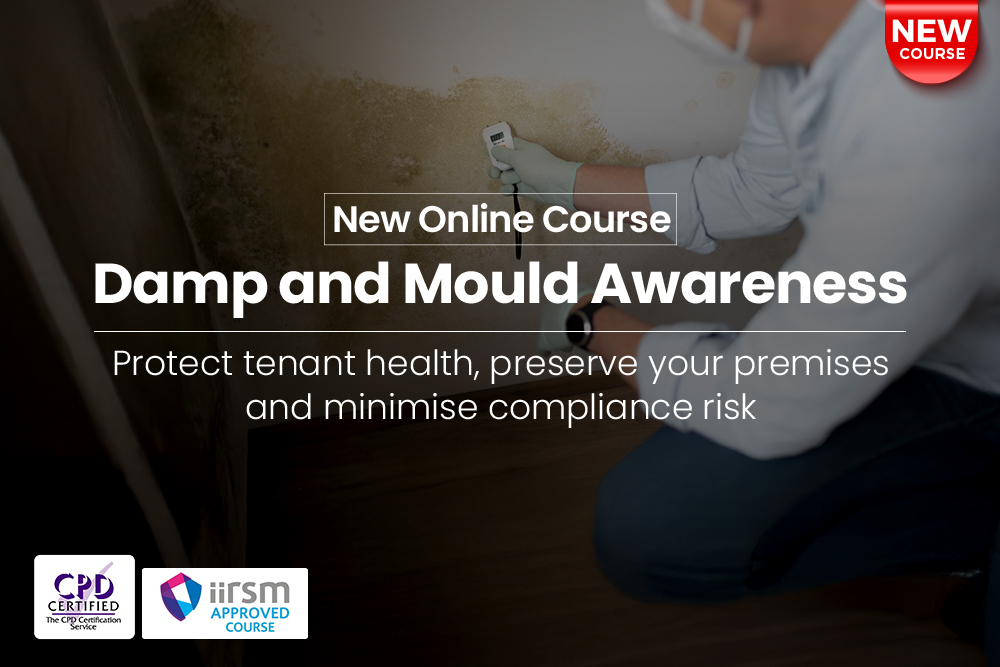
Who doesn’t feel good (albeit tired and sweaty) after a gym workout? You probably know, from experience, that exercise is closely linked to feeling good. But research also shows that the more physical activity you do, the better your brain works.
There are many mysteries about how we developed, but one thing is clear – early humans moved far, and fast.
Research carried out by anthropologists suggests that our early ancestors had the bodies of Olympians and travelled around 12 miles a day – often running for a significant part of this. For many people, the thought of doing so much exercise in today’s world may in itself bring on a bout of anxiety.
But the truth is, we need to keep moving to feel good. In this blog we will look at mental health vs physical health, how the two are inexplicably linked and the benefits of marrying them up for better overall wellness.
How Mental Health Can Affect Your Physical Health
Physical movement is fundamental to survival. As a result, evolution seems to have decided it was a good idea to link the many benefits of mental health and physical health. Physically fit people have been found to be more intelligent; less prone to mental illnesses; more resilient against stress; and, enjoy better moods. These are all attributes that helped our ancestors to survive.
Low mood, anxiety, depression and lack of concentration – these things can affect us all at some point in our lives. When these feelings arise, it can be extremely difficult to keep up with your wellbeing routines. You can end up neglecting your physical health.
Your diet may be impacted – don’t make way for comfort food and drink over your healthy 5-a-day. You might also not be so inclined to go for that run or upload a new exercise from your favourite fitness app.
Studies have also found that people with poor mental health are more likely to have preventable physical health conditions such as heart disease. Although, it’s important to note, there may be other contributing factors. For instance, those with mental illness may be less likely to go for regular health checks.
Our minds and bodies really are closely linked. People with depression can suffer with headaches and battle to overcome fatigue, while those who suffer with anxiety may frequently complain of stomach issues and insomnia.
So, how exactly, does taking care of both your mental and physical health contribute to your overall wellbeing, and does one trump the other?
Which Is More Important?
Sound physical health means that you can physically do all the things that you wish to do – get out of bed, walk and even breathe, all unaided. But what if, physically, you can do all of this and more, but internally, you’re battling with poor mental health and can barely manage to drag yourself out of bed. Surely, this proves that both are as important as each other, and exercise is a powerful way to ensure positive mental health. Let’s look at how.
Exercise Makes You Smarter
Research evidence has shown that active people have significantly better:
- long-term memory
- reasoning abilities
- mental attention – or the ability to focus their mind
- problem solving skills
This shows that when measuring mental intelligence, exercise makes you smarter.

Exercise Protects Against Mental Diseases and Conditions
Global studies, conducted over a number of decades and involving a cross-section of the global population, have found that the risk of suffering with a wide range of mental health diseases is significantly reduced by regular exercise and staying active.
An example is the risk of dementia. It is literally cut in half if you get regular aerobic exercise – doing things that leave you out of breath, like going for a run, a brisk walk or completing a YouTube fitness session.
There is a growing body of evidence which suggests that exercise has beneficial effects on more common mental health conditions like anxiety and depression too. Research show that people suffering from these conditions experience both immediate and long-term benefits if they exercise.
Exercise Improves Resilience Against Stress
You may have heard of the fight or flight response. It’s our in-built mechanism helping us to either respond to a threat, or run away. In the past, it’s what helped to keep us safe and survive. It involves the release of ‘stress hormones’ – adrenaline and cortisol, into our bloodstream. These hormones get the heart racing, resulting in extra strength and improved mental attention.
In short spells this is fine, but if these hormones hang around for too long, they can cause restlessness, tension and ultimately burnout. Physical activity can help to burn off excess adrenaline and cortisol in the bloodstream. This is why after a workout you often feel far more relaxed.
In other words, it helps us to cope better with mental stress and become more resilient to its negative effects.
Exercise Enhances Your Mood
When you exercise, your brain triggers the release of endorphins – chemicals that have a similar effect as morphine – the pain-killing drug. Endorphins also have powerful pain reducing qualities. It’s thought that this is evolution’s way of helping you to deal with the discomfort that can follow vigorous exercise.
But endorphins have another quality – they also give you a euphoric or joyful feeling. Now you see there is some science to that happy feeling you get when you realise you’ve made it through another grueling workout.
How Much Exercise Do You Need?
The answer, surprisingly, is not very much. Just thirty minutes a day of moderate exercise, five days a week is enough. But of course, if you can do more, go for it.
Moderate exercise could be a brisk walk, swimming or riding a bike. There are some easy ways to incorporate this into your daily lifestyle. You could ride to work, get off the train a stop early and walk the rest of the way to the office, or leave the car at home and turn the school run into a weekday walking opportunity. That’s really not much effort for the huge benefits you get to enjoy in return, and consistency is key.
How to Get Started
As mental health and physical health work together, you should focus on both. If you are suffering from a mental illness or condition, it is important that you seek support or professional help.
Speak to your GP, workplace mental health first aider or seek the advice of a counsellor to provide you with strategies to cope and overcome any mental concerns. There’s plenty of information on the Human Focus website about mental health that can help you or someone you know, who may be suffering. They also offer various mental health courses and free infographics that can be distributed to your colleagues.



























































































































































































































































































































































































































































































































































































































































































































































